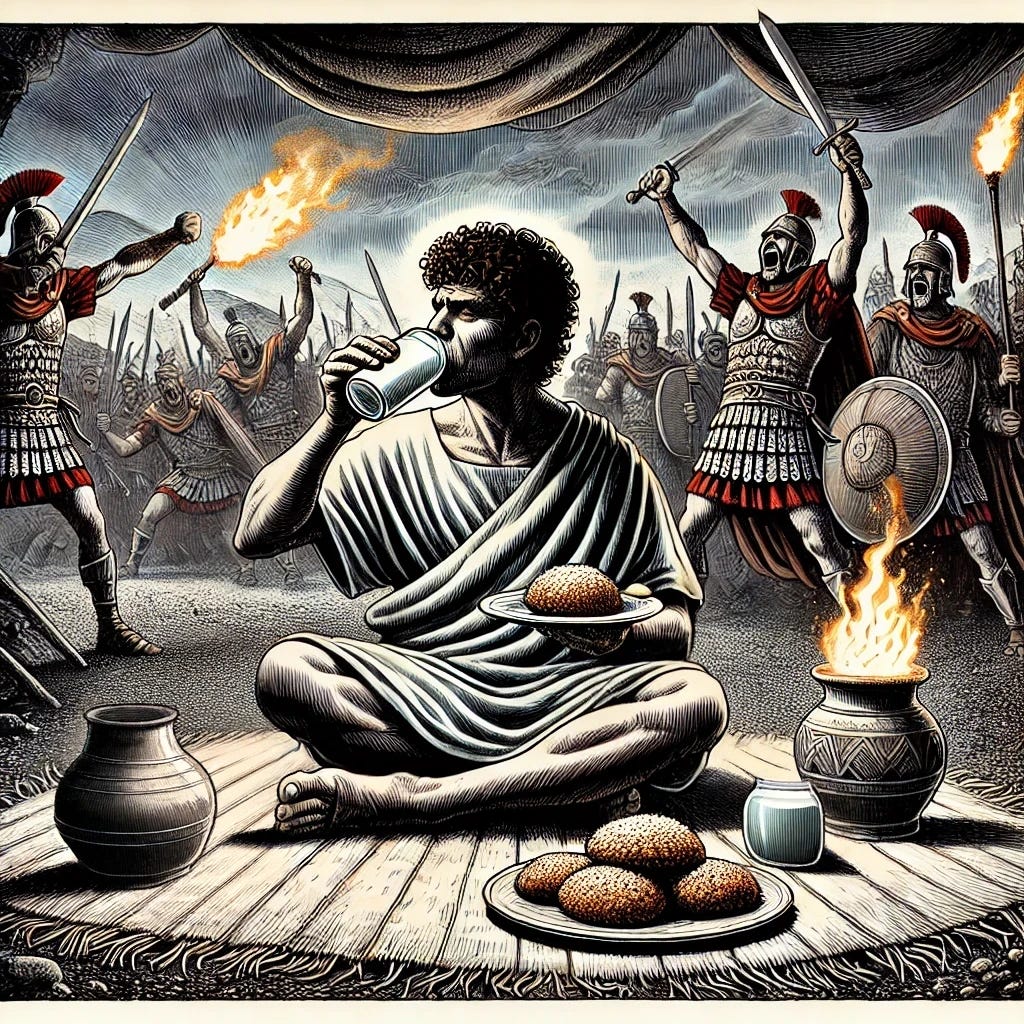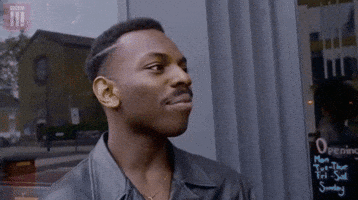There’s a story about Alexander the Great that goes something like this.
The king would take over a new territory, and a feeling of celebration would understandably wash over the Macedonian soldiers. These were hardened men from the rocky, barren highlands of Greece, accustomed to hard living and toughness, but they had fought hard and marched hundreds of miles away from their homes.
They had earned their feast.
Alexander, by contrast, would decline participating in this extravagant meal, instead insisting on dining on barley bread and sour milk, the meal of the common Macedonian soldier.
At first glance, this ritual might seem a bit silly. You might think Alexander was drinking sour milk in order to make the gods happy, or for some other superstitious or religious reason.
Instead, he was using second-order thinking here, insisting on thinking through the consequences of the consequences.
Alexander understood that every move he made—even every meal he ate—was scrutinized by his friends and generals, and he knew that word of his actions spread quickly among the soldiers. The soldiers would understand that Alexander was one of them, insisting on reminding himself of this even at the very height of a conquest, when everyone else wanted to celebrate.
These men, in turn, knew that Alexander had their back, or so this story implies. By showing them that he remembered that he was one of them, they gained the confidence they needed to stay with him far beyond what most men would consider reasonable.
This would endear them to him under the hardest and most dangerous of circumstances, as the great army of the Macedonians marched first across Greece and then to Persia, conquering the greatest empire the world had known so far before continuing along to India.
Alexander thought about his first meal and probably salivated. He wanted to feast on the local cuisine as much as anyone else there; Alexander was educated by Aristotle, and loved the arts. This included sampling the culinary arts of various different and exotic lands, but he knew that the consequence of denying himself this luxury for a little while paid huge dividends.
If you’ve ever heard the phrase leaders eat last, it’s based on a similar framework. A leader shows their tribe that they want to make sure everyone else is fed, so the tribe trusts the leader a bit more with every demonstration like this.
This type of thinking doesn’t just apply to leadership positions, either. It’s really just thinking beyond that first step, and if you’re pretty good at it, you can use this superpower in all sorts of arenas.
If you’re planning a city, you might think about how adding a park might have both positive and negative second order effects. A park provides a place for people to relax and congregate, and it might increase mental and physical health of the community to have one there. People might suddenly become more interested in outdoor shoes, so you might need a new shoe store in town as a result, spurring economic activity.
On the flip side, you might cleave two communities in half, exacerbating racial or class-based tensions. This happened most famously in New York City under the watchful eye of Robert Moses, and I’ve lived in neighborhoods in Richmond where you can see the long-term results of this action first-hand.
If you’re running a business, it’s tempting to do everything yourself. You’re the best at a lot of the things that you do, and hiring someone else to do these things seems anathema. However, if you are willing to sacrifice a little bit of the customer’s experience in the very short run, you might be able to increase it a great deal in the long run by hiring more employees and offering better services. I know that’s what happened to us over the decades.
I’m certain that your own life has plenty of examples of second-order thinking. What are some of your favorite moments from life where you’ve had the opportunity to think about the consequences of the consequences?






As an Army Officer the eat last was also practical as I'd watch the soldiers line up for chow and talk to them, often getting a great sense of their angst and sometimes finding out about personal issues. More than once I saw them hiding injuries (it's nothing sir!) that I sent them to sick call for to avoid making it worse.
As always, a very well-thought-out and interesting piece.